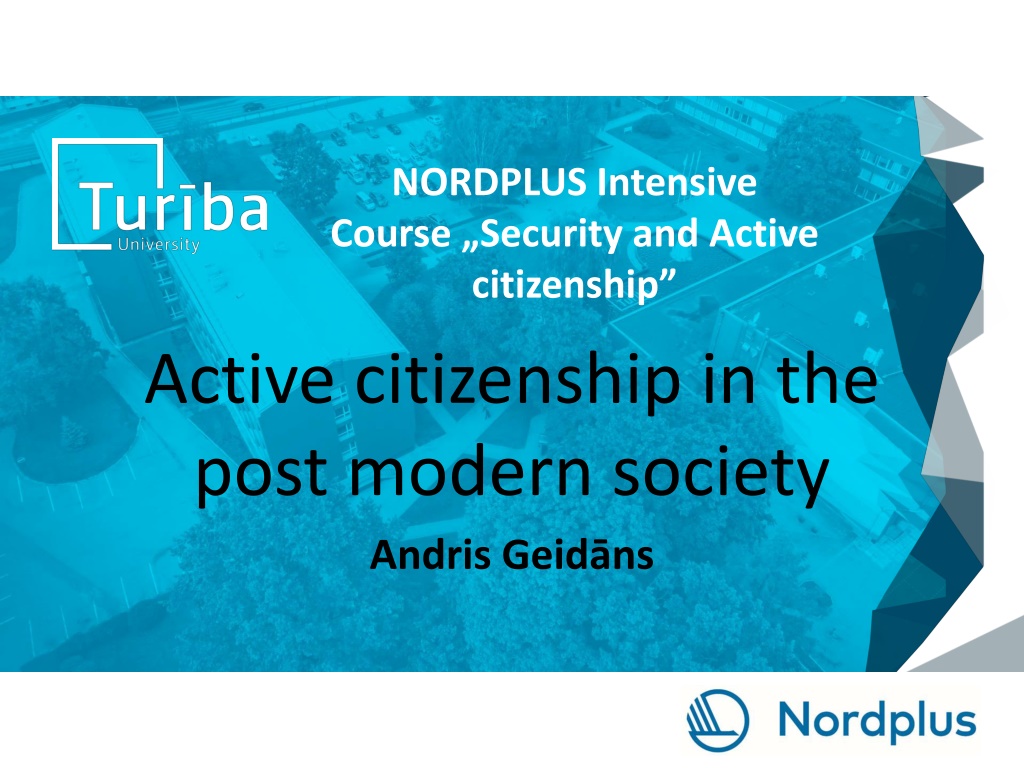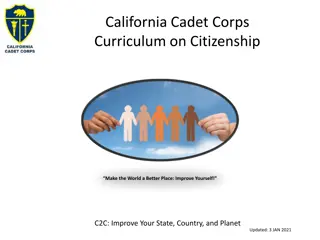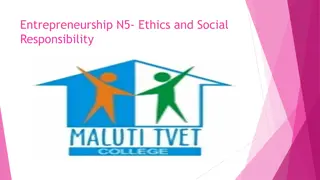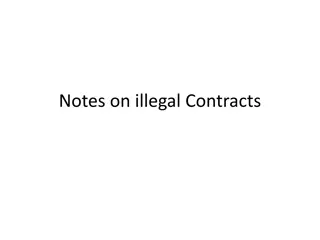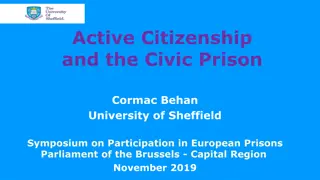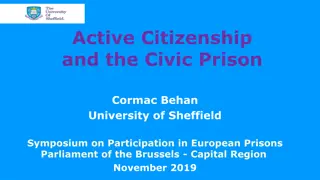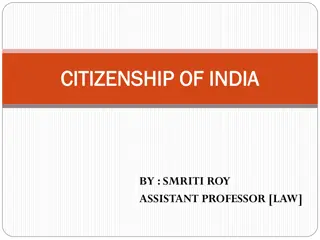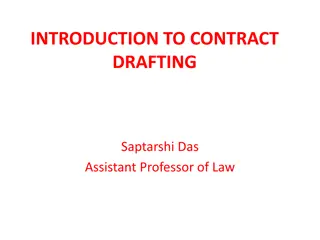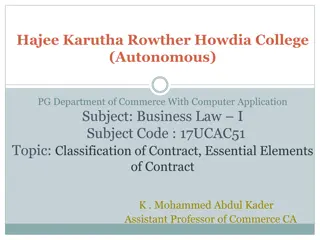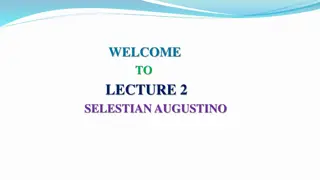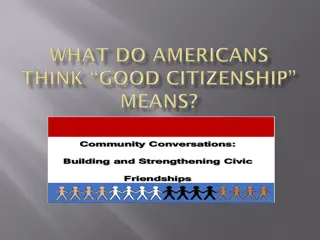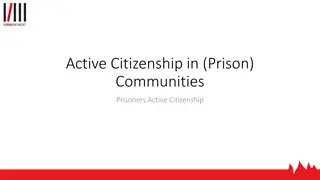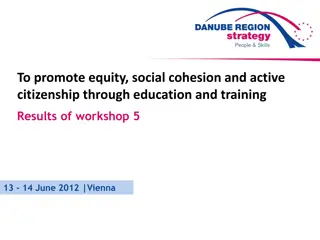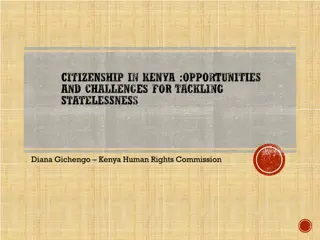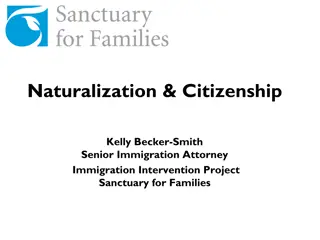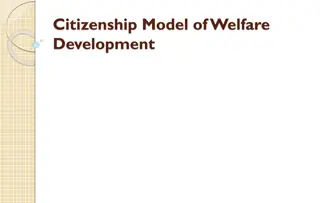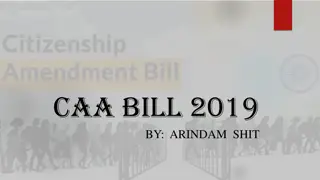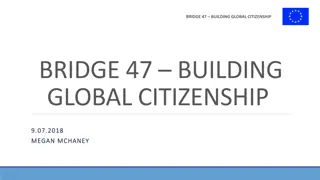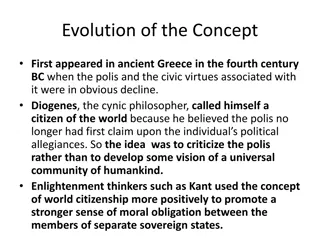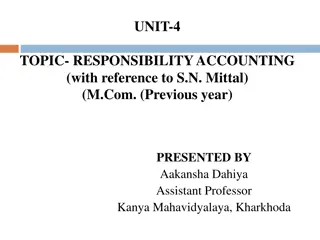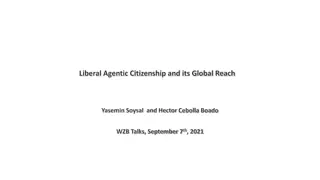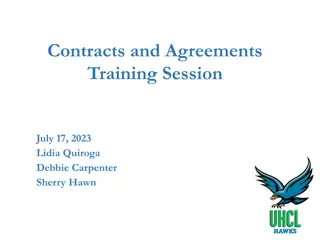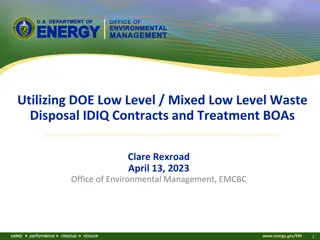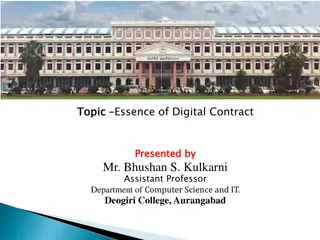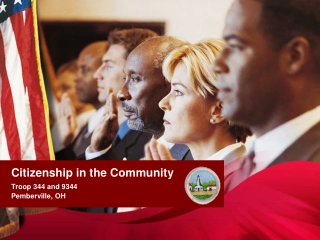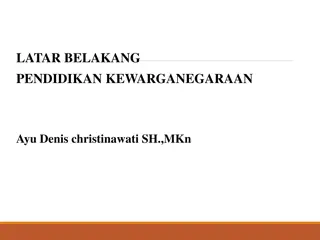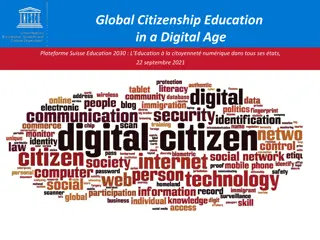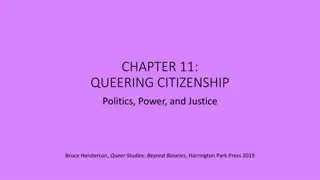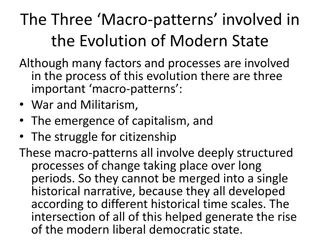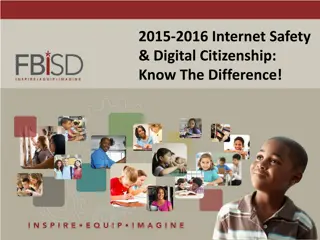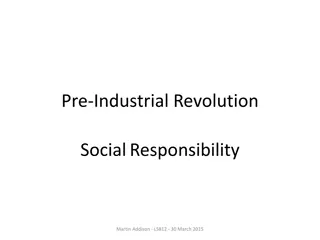Exploring Active Citizenship, Responsibility, and Social Contracts in Modern Society
Dive into the dynamics of active citizenship and responsibility, examining the role of religion, liberalism, and social contracts in shaping societal structures. From the collapse of traditional worldviews to John Locke's theories on religion and society, explore the philosophical underpinnings that influence individual and collective behavior in the post-modern era.
Uploaded on Sep 13, 2024 | 0 Views
Download Presentation

Please find below an Image/Link to download the presentation.
The content on the website is provided AS IS for your information and personal use only. It may not be sold, licensed, or shared on other websites without obtaining consent from the author. Download presentation by click this link. If you encounter any issues during the download, it is possible that the publisher has removed the file from their server.
E N D
Presentation Transcript
NORDPLUS Intensive Course Security and Active citizenship Active citizenship in the post modern society Andris Geid ns
Active means Responsible Active citizenship: - responsible citizenship - responsible personality - co-responsible person Responsibility originates from: - personal action /inaction - expression of will or intention
Traditional society Role of religious aspect in forming the active citizen Role of society as religious community in maintaining social balance in what is formulated as active co-responsibility The collapse of traditional world view as the base threat to maintaining the responsible personality
The quest of Liberalism John Locke (1632 1704) on religion and society: - urged the authorities not to tolerate atheism, because he thought the denial of God's existence would undermine the social order and lead to chaos.That excluded all atheistic varieties of philosophy and all attempts to deduce ethics and natural law from purely secular premises - on Religious tolerance - Three arguments are central: (1) Earthly judges, the state in particular, and human beings generally, cannot dependably evaluate the truth-claims of competing religious standpoints; (2) Even if they could, enforcing a single "true religion" would not have the desired effect, because belief cannot be compelled by violence; (3) Coercing religious uniformity would lead to more social disorder than allowing diversity.
The theory of social contract In a natural state all people were equal and independent, and everyone had a natural right to defend his life, health, liberty, or possessions The Social Contract (French: Du contrat social ou Principes du droit politique), a 1762 book by Jean-Jacques Rousseau the social contract concerns the legitimacy of the authority of the state over the individual.Social contract arguments typically posit that individuals have consented, either explicitly or tacitly, to surrender some of their freedoms and submit to the authority (of the ruler, or to the decision of a majority) in exchange for protection of their remaining rights or maintenance of the social order
The person the Self conscious thinking thing, (whatever substance, made up of whether spiritual, or material, simple, or compounded, it matters not) which is sensible, or conscious of pleasure and pain, capable of happiness or misery, and so is concerned for itself, as far as that consciousness extends Man is born with an "empty" mind, a tabula rasa, which is shaped by experience; sensations and reflections being the two sources of all our ideas
The early roots of the concept Stoicism is a school of Hellenistic philosophy founded by Zeno of Citium in Athens in the early 3rd century BC. Stoicism is a philosophy of personal ethics informed by its system of logic and its views on the natural world the path to eudaimonia (happiness) for humans is found in accepting the moment as it presents itself, by not allowing oneself to be controlled by the desire for pleasure or fear of pain, by using one's mind to understand the world and to do one's part in nature's plan, and by working together and treating others fairly and justly "virtue is the only good" for human beings, and that external things such as health, wealth, and pleasure are not good or bad in themselves, but have value as "material for virtue to act upon"
The lost message the best indication of an individual's philosophy is not what a person says, but how a person behaves Stoicism teaches the development of self-control and fortitude as a means of overcoming destructive emotions; the philosophy holds that becoming a clear and unbiased thinker allows one to understand the universal reason (logos). A primary aspect of Stoicism involves improving the individual's ethical and moral well- being: "Virtue consists in a will that is in agreement with Nature."This principle also applies to the realm of interpersonal relationships; "to be free from anger, envy, and jealousy,"and to accept even slaves as "equals of other men, because all men alike are products of nature"
Modern approach president Obama had a somewhat different sense of active citizenship, meaning strong families, a vibrant civic center in which persons of different faiths and secular backgrounds work together, with government acting as a "catalyst. Collective responsability - members of charitable organizations, companies or nation-states have certain roles and responsibilities to society and the environment, although those members may not have specific governing roles If a body gives rights to the people under its remit, then those same people might have certain responsibilities to uphold - The implication is that an active citizen is one who fulfils both their rights and responsibilities in a balanced way
Put it simple The world would be a paradise if each and every human being would make sure everything happens in good will as far as his reach.
